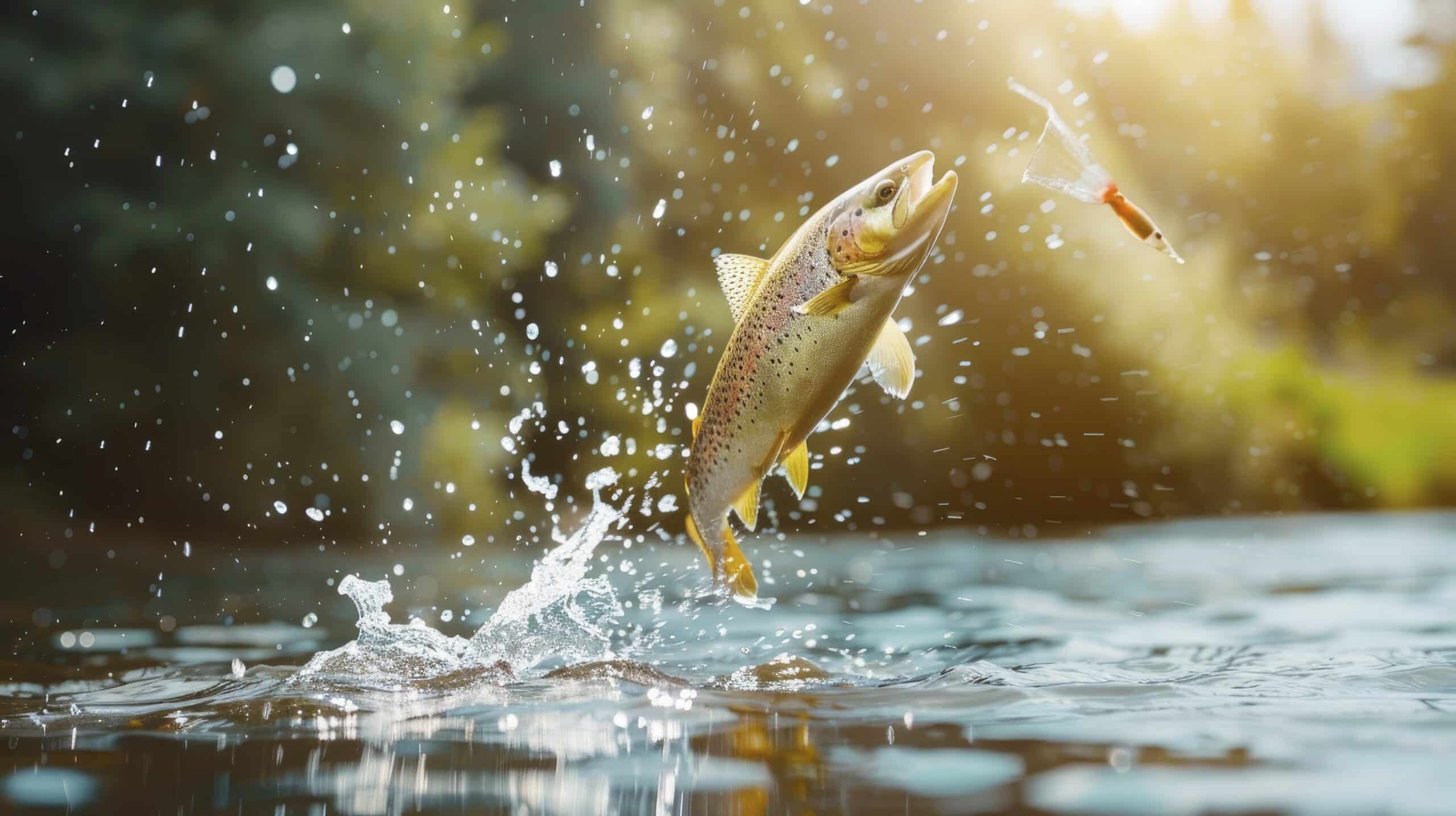Is Fly Fishing Harder Than Regular Fishing?
Key Takeaways
- Fly fishing is considered more difficult than regular fishing due to the complexity of the casting technique.
- Fly fishing requires specialized equipment, such as longer and more flexible fly rods and specific flies that imitate prey species.
- Fly fishing has a steeper learning curve compared to regular fishing, making it more challenging to master the necessary skills and techniques.
When it comes to the debate of fly fishing versus regular fishing, one question that often arises is whether fly fishing is harder than regular fishing. This is a topic that has been discussed by experts and enthusiasts alike, and there are varying opinions on the matter. However, based on the information available, it can be concluded that fly fishing is generally considered to be more difficult than regular fishing.
The Complexity of Fly Fishing
Fly fishing is a unique and specialized form of fishing that requires a different set of skills and techniques compared to regular fishing. One of the main reasons why fly fishing is considered harder is the complexity of the casting technique. Unlike regular fishing, where the weight of the lure or bait helps with the casting process, fly fishing requires the angler to use the weight of the fly line to deliver the fly to the desired location.
This casting technique, known as the “fly casting stroke,” involves a series of precise movements that require coordination and practice to master. The angler must learn to load the fly rod with energy, create tight loops, and achieve accurate and delicate presentations. It takes time and dedication to develop the necessary skills and muscle memory to consistently execute the fly casting stroke.
Specialized Equipment
In addition to the complex casting technique, fly fishing also requires specialized equipment. Fly rods, reels, lines, and flies are specifically designed for this style of fishing. The fly rod, for example, is longer and more flexible than a regular fishing rod, allowing for better control and accuracy during casting. The fly reel is also designed differently, with a larger arbor and a smooth drag system to handle the unique challenges of fly fishing.
The use of flies, which are artificial imitations of insects or other aquatic life, adds another level of complexity to fly fishing. Different types of flies mimic different prey species, and the angler must choose the right fly to match the conditions and the behavior of the fish they are targeting. This requires knowledge of entomology and the ability to read the water to determine what the fish are feeding on.
The Learning Curve
While regular fishing can be picked up relatively quickly, fly fishing has a steeper learning curve. As mentioned earlier, mastering the fly casting stroke takes time and practice. It can be frustrating for beginners who are used to the simplicity of regular fishing techniques. However, once the casting stroke is mastered, fly fishing becomes a rewarding and enjoyable experience.
On the other hand, regular fishing, particularly with a spinning reel, is generally considered easier to learn. The casting technique is simpler, and the equipment is more straightforward to use. This makes regular fishing a popular choice for beginners or those who prefer a more casual fishing experience.
Conclusion
In conclusion, based on expert opinions and the information available, fly fishing is considered harder than regular fishing. The complex casting technique, specialized equipment, and steeper learning curve contribute to the perception that fly fishing requires a higher level of skill and dedication. However, it’s important to note that the difficulty of fishing can be subjective and may vary depending on individual experiences and preferences.
Related Websites:
FAQs:
Q: Is fly fishing harder than regular fishing?
Fly fishing can be considered harder than regular fishing due to the precision and finesse required for accurate fly casting, as well as the need to understand the behavior and feeding patterns of fish. However, the difficulty can vary depending on personal preferences and individual perceptions.
Q: What are the basic equipment needed for fly fishing?
The basic equipment for fly fishing includes a rod, reel, fly line, and flies. These components work together to cast the fly and mimic the movement of insects or baitfish, attracting fish.
Q: What are the different types of fishing techniques used in regular fishing?
Regular fishing encompasses various techniques such as spinning, baitcasting, and trolling. These techniques involve different types of fishing rods and reels, and each has its own advantages and applications.
Q: What factors affect the difficulty of fly fishing?
The difficulty of fly fishing is affected by factors such as the learning curve and skill development required, the precision and finesse needed for accurate fly casting, and external factors like wind, water conditions, and distance casting.
Q: How do different fishing baits and lures affect the difficulty of regular fishing?
In regular fishing, the use of different baits and lures for specific fish species requires knowledge and practice. Understanding which bait or lure to use in different situations and locations can affect the difficulty of regular fishing.






